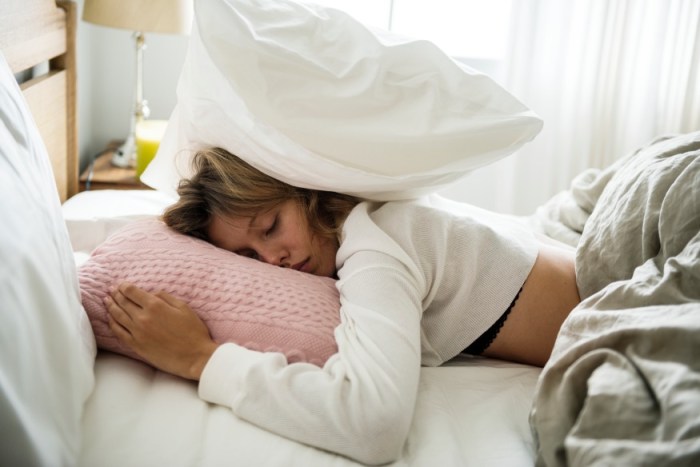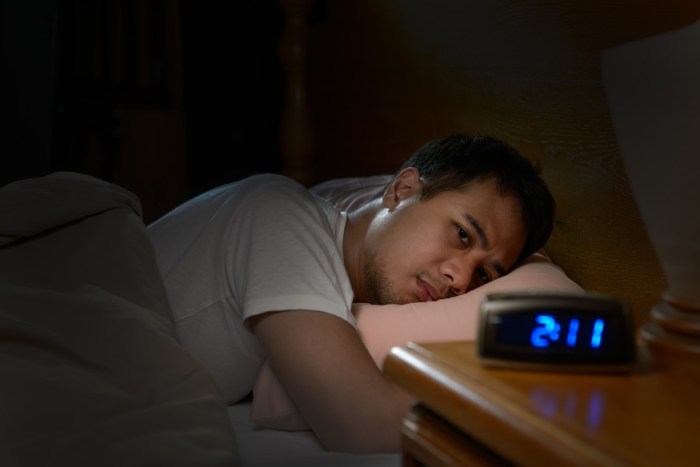We’re often warned about the dangers of not sleeping enough, but there is at least one negative thing that can happen if you get more than the typical seven or eight hours of sleep a night.
Researcher Stephanie Rek and her colleagues at the University of Oxford gave 846 people an online survey with questions asking about the number of nightmares the experienced over the prior two weeks, along with how bad they were. The researchers also asked participants to list the number of hours they sleep a night, the amount of worrying they do and how much alcohol they drink. Participants were also evaluated for PTSD.
The results were then assigned an overall score on a “nightmare severity scale.”
Worrying about the future — especially before bed — was the biggest cause of nightmares. That wasn’t a shocker to the researchers, but they were surprised to see a link between nightmares and sleeping more than nine hours a night. The reason, according to Rek, is that longer sleep allows for more rapid eye movement sleep (REM). Nightmares (and regular dreams) typically happen during REM sleep.
The one thing that didn’t really cause nightmares? Alcohol, which was a “surprise” to Rek and her team.
Though more research is need, Rek believes finding the triggers of nightmares can help them figure out the way to properly treat — and prevent — nightmares in the future.
For example, worry can be effectively treated using cognitive behavioural approaches,” Rek told The New Scientist. “It would be interesting to do more research to see whether these alleviate nightmares.”
This doesn’t mean you have to skimp on the zzz’s, though: Just resist the temptation to repeatedly slap the snooze button and you’ll probably stop having as many nightmares.
And maybe worry less, though that’s way easier said than done.
























